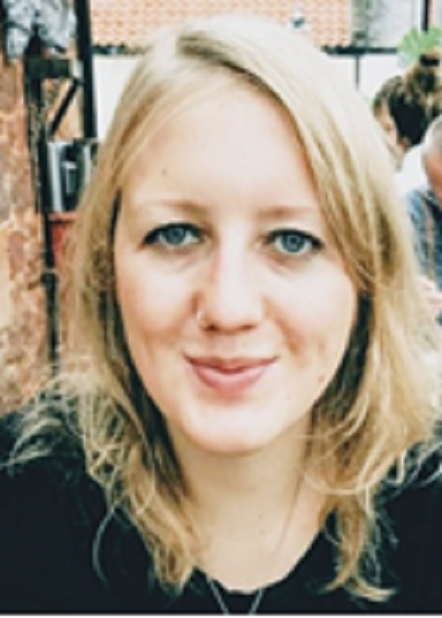2021
Project: A “forced” destination – lived realities of mixed migration in post-2011 Tunisia
Dr. Ann-Christin Zuntz
(Lecturer, University of Edinburgh/ UK)
Ann-Christin Zuntz is a lecturer in Anthropology of Development at the University of Edinburgh. She is an economic anthropologist, with a focus on the intersections of labour, (forced) migrations, and gender, in the Mediterranean. Since 2015, Ann has conducted in-person fieldwork with displaced Syrians in Jordan, Turkey, Tunisia, and Bulgaria, and, remotely, in Iraq, Lebanon, and Syria. Fluent in Levantine Arabic, she specialises in research with displaced populations in hard-to-reach rural areas, and with refugee women. She does collaborative research with Syrian academics within the One Health FIELD Network. As the principal investigator of the 2020/21 AHRC-funded Refugee Labour under Lockdown project, Ann partnered with Syrian scholars affiliated with the Council for At-Risk Academics, and the Turkish non-profit cooperative Development Workshop to study the impact of the COVID-19 pandemic on Syrian farmworkers in the Middle East. Remote ethnographic data from this project have informed a graphic novel, available in English, Turkish and Arabic [Refugee Labour Under Lockdown]. Starting in November 2021, Ann’s new AHRC-funded project FIELD SONGS will investigate the potential of Syrian refugees’ traditional harvesting songs and intangible cultural heritage for informing sustainable development policies in the Middle East. The research is a collaboration with two Syrian-led organisations with expertise in agricultural science and the arts and humanities, and involves music workshops and fieldwork in agricultural work sites with Syrian labourers and musicians in southern Turkey (https://www.onehealthfieldnetwork.org/field-songs). In 2021, Ann won the best article prize of the Syrian Studies Association for her article “Refugees’ Transnational Livelihoods and Remittances: Syrian Mobilities in the Middle East Before and After 2011”, published in volume 34(2) of the Journal of Refugee Studies.
Website, click here
Twitter, click here

Project Inequality & Mobility
My research investigates how class differences and financial, social and cultural capital inform Syrian migrants and refugees’ journeys to Tunisia. Between October and December 2021, I conducted interviews with over twenty Syrian households, policymakers and aid providers in Tunis, Sousse, Sfax, Zarzis, Gafsa and Kairouan. The research redirects the focus from Syrians’ South-North journeys across the Mediterranean to their complex South-South movements. My findings demonstrate how pre-war migration and trade ties between Syria and Tunisia and Tunisia’s migration landscape have shaped Syrians’ conditions of arrival. They also highlight Syrians’ unequal access to international mobility, and the heterogeneous nature of Tunisia’s refugee population.
Changing border regimes in Arab host countries have reordered Syrian movements across the Middle East and North Africa: I found that the poorest Syrian refugees travelled the longest, most expensive and most arduous routes to enter Tunisia illegally, while better-off Syrians with pre-existing family or business connections to Tunisia entered the country earlier, via direct flights and on tourist visas. For most poor Syrians, Algeria, not Tunisia, was the intended destination. After Algeria introduced new visa requirements for Syrians in 2015, refugee newcomers flew from Lebanon to Mauretania and then joined the established West African migration route through the desert to Algeria.
Inside Tunisia, Syrians’ settlement patterns reflect the socioeconomic differences between different refugee and migrant populations: affluent Syrian businessmen and –women reside in Tunis, while poor Syrian families are scattered all over the country, including in interior locations like Gafsa with limited employment opportunities.
I will present results during a webinar on 9th February 2022 co-organised by MECAM, the Mixed Migration Centre in Tunis, and the Maghreb Action on Displacement and Rights (MADAR) Network – after the event, the recording will be available on the MADAR website.
